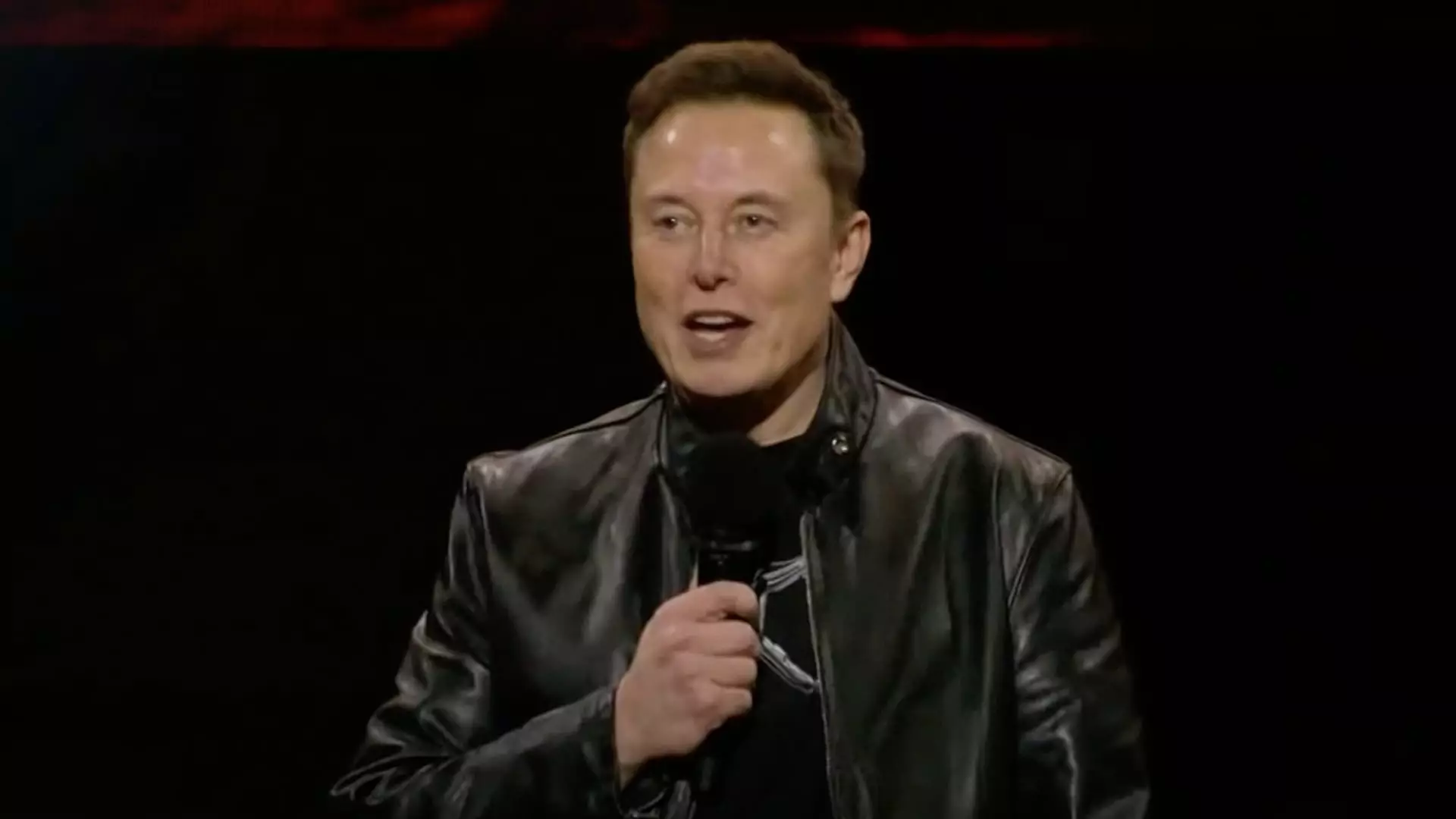In a significant legal development, Elon Musk’s Tesla and Warner Brothers Discovery have found themselves embroiled in a lawsuit concerning alleged copyright infringement tied to the iconic film “Blade Runner 2049.” Filed by Alcon Entertainment, the lawsuit raises pressing questions about the use of artificial intelligence in creating promotional material and the ethical implications of such actions. This article will delve into the intricacies of the lawsuit, examining the allegations, the responses from the parties involved, and the broader implications for the intersection of technology and intellectual property.
The crux of Alcon Entertainment’s lawsuit is the claim that Tesla and Musk intentionally employed an AI-generated image derived from “Blade Runner 2049” to promote Tesla’s proposed robotaxi, the Cybercab. Central to the suit is an assertion that Musk and Warner Brothers Discovery sought permission to utilize an iconic still from the film for a promotional event held on October 10. However, the request was outright denied by Alcon. The legal complaint argues that Tesla went ahead anyway, utilizing a “faked image” during the presentation that lasted 11 seconds—an act deemed to be a major infringement of copyright.
The lawsuit characterizes this behavior as “massive economic theft,” underscoring a critical concern in copyright law: the exploitation of creative works without consent. This situation brings to light the difficult balance between innovative use of technology, such as AI, and respect for intellectual property rights.
During the event promoting the Cybercab, a vehicle Tesla envisions as a dedicated robotaxi available by 2027, Musk displayed the controversial image while attempting to articulate the merits of the new product. According to the lawsuit, this awkward moment exhibited not only a lack of preparation on Musk’s part but also an inconsistency between the product being pitched and the unauthorized imagery displayed. Instead of seamlessly integrating the film’s iconic visuals into his narrative, Musk’s reliance on the image raised eyebrows and bolstered Alcon’s claim that the use of the image was unnecessary—and ultimately detrimental.
The 11-second display of the image on a live-streamed presentation is indicative of a larger issue regarding how technology, specifically AI, interacts with traditional intellectual property laws. The suit presents a compelling argument that the use of an unauthorized AI-generated image can mislead audiences and create false associations, ultimately diluting the brand equity of established properties like “Blade Runner.”
Adding another layer of complexity to the lawsuit, Alcon Entertainment cites concerns surrounding Musk’s divisive public persona, suggesting that any potential partnership with Tesla could jeopardize their brand’s image. Musk’s outspoken nature, particularly regarding political matters, has drawn criticism and controversy, leading Alcon to argue that association with him and his companies could deter other brands from collaborating with them.
In the complaint, Alcon emphasizes the need for prudence when considering partnerships, particularly considering Musk’s extreme political views and unpredictable behavior. The suit also illustrates how a creator’s reputation can pose significant risks to the brands with which they are affiliated, reflecting a broader societal concern about celebrity influence and corporate responsibility.
As the legal proceedings continue, the implications of this lawsuit extend far beyond the immediate parties involved. It raises critical questions regarding the evolving relationship between artificial intelligence and copyright law, challenging the boundaries of creative expression in an era where technology blurs the lines between inspiration and imitation.
Moreover, the case serves as a cautionary tale for companies venturing into alliances with prominent figures like Musk. As public figures increasingly shape the narrative around brands, companies must navigate the complexities of brand association, ensuring their ethical stances align with those of their partners.
Ultimately, the legal entanglement between Tesla, Musk, and Alcon Entertainment embodies a pivotal moment in the ongoing discourse surrounding innovation, copyright protection, and the responsibilities that accompany fame and influence in today’s landscape.


Leave a Reply